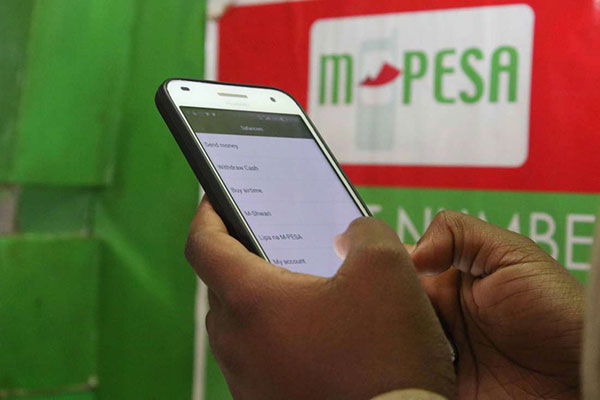The 2019 FinAccess Household Survey report presents results of data collected during October – December 2018
covering 11,000 households across the country. The survey targeted individuals aged 16 years and above, from
scientifically selected households, designed to provide significant estimates at the national and regional level
and by residence (rural and urban areas).
The 2019 survey focussed more on the usage, quality and impact/welfare dimensions of measuring financial inclusion. In addition, the questionnaire incorporated a needs-based framework to the measure the relevance of financial services and products; financial health and livelihoods modules; and consumer protection and financial literacy. Furthermore, the survey also included independent modules on business and agricultural finance to help unravel usage of financial products and services within these livelihoods. This was in recognition of the fact that mere access to financial inclusion is not a sufficient requirement for usefulness of financial sector to households in meeting their needs and goals. This is an important step in the development of an all-inclusive financial ecosystem for Kenyans.
The survey findings show that Kenya has made significant milestones in expanding the access to financial services
and products to 82.9 percent in 2019 from 26.7 percent and 75.3 percent in 2006 and 2016 respectively. Several factors contribute to this impressive outcome – rapid uptake of mobile money, adoption of transformative financial
technologies and innovations, and government initiatives and policies.
The survey findings also highlight consumer protection and financial education issues affecting Kenyans. These include:
- High cost of accessing and maintaining a financial product or service, unexpected charges, loss of money through fraud,
- Lack of transparency in pricing of financial services and products, and unreliable market infrastructure systems
downtime for ATMs, Point of Sale (POS) devices and Mobile money and electronic funds transfer systems.
The survey further points out emerging areas that require attention and deep dive studies such as;
- Rapid uptake of unregulated digital apps loans,
- Persistence reliance on informal groups for financial services, and low financial health.
The survey results indicate a downward trend in the instances of lost money by type of institution or device. Mobile money reported the highest incidence of money lost over all the three surveys. The main reason for loss of money through mobile money is attributed to fraudulent activities and sending money to the wrong mobile phone number
These deep dive studies are required to unravel unanswered questions by identifying the missing link between rapid growth in financial inclusion and financial health of Kenyans, with only a fifth of the adult population being measured as financially healthy; and the declining role of MFIs, Insurance and Pension.
The surveys’ datasets should encourage further research to better understand the underlying dynamics and drivers in
order to provide possible solutions and policies to emerging challenges. The datasets released by KNBS with links
provided in CBK and FSD Kenya websites should enable researchers and academicians, among other stakeholders,
to undertake further analysis and research. KNBS has also established an interactive visualized web portal to enable
users interact with the datasets in different formats.
Read the full report and launch presentation.




